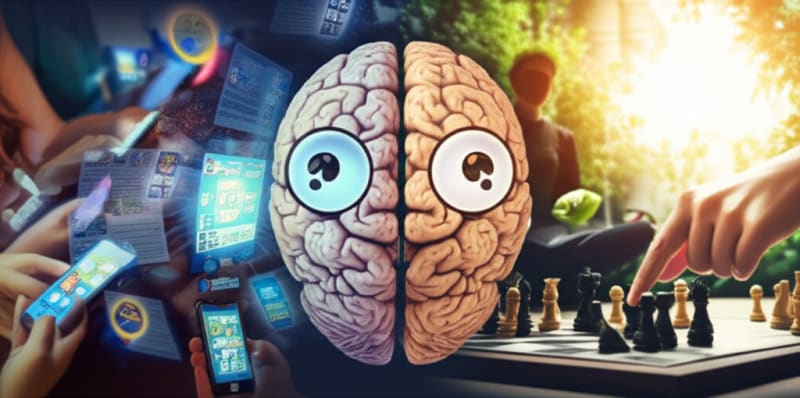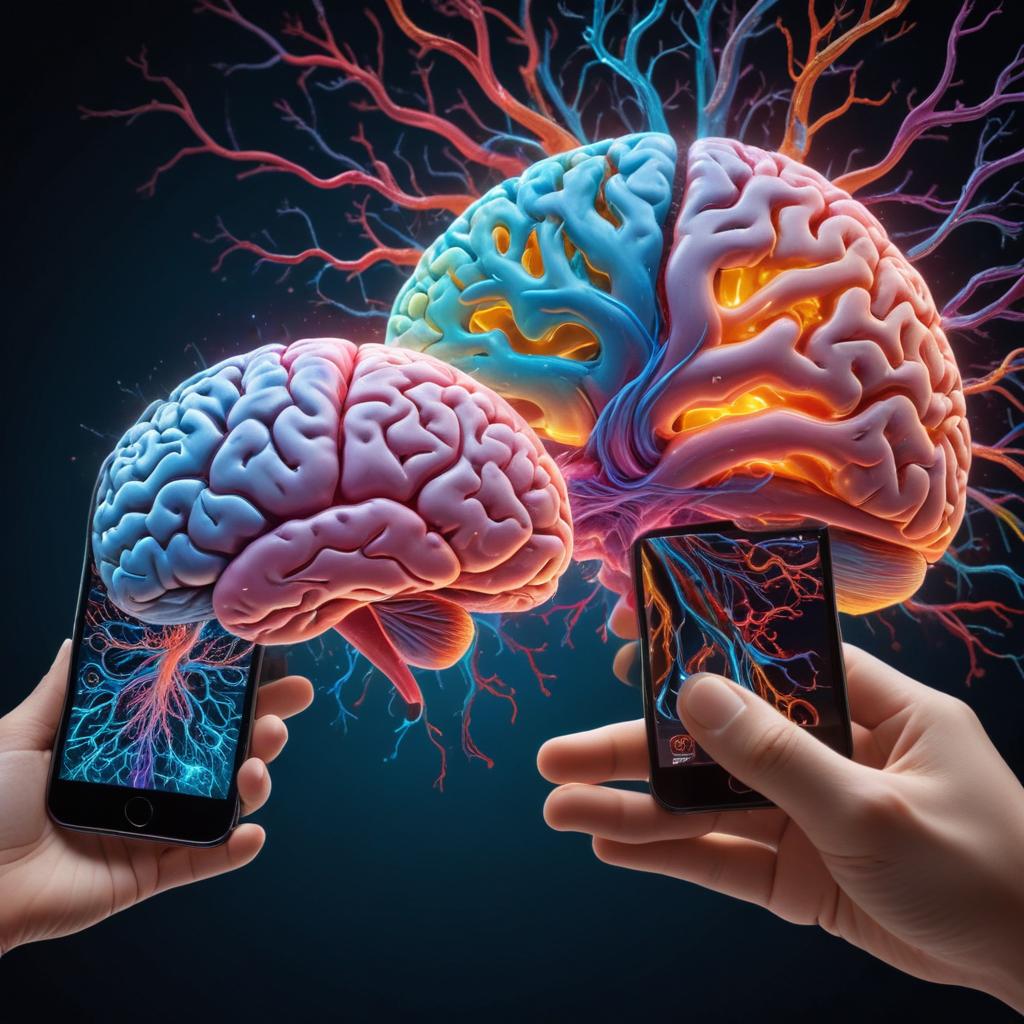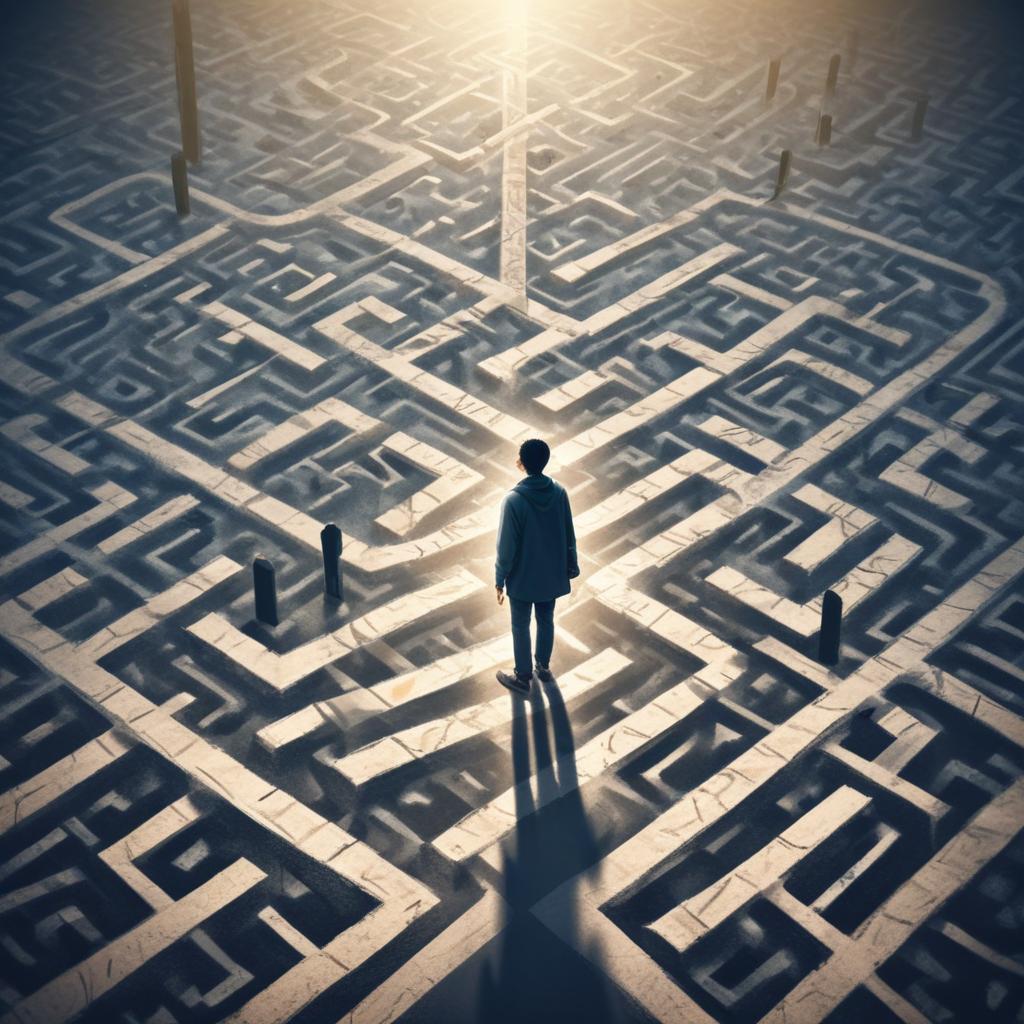Your Brain's BIGGEST Enemies Revealed! A Neurologist Shares Shocking Truths About Screen Time, Stress, and Memory Loss!
Ever wondered why your mind feels foggy, your focus is gone, or why you can't remember things like you used to? In a world of endless scrolling and digital distractions, a leading neurologist is finally pulling back the curtain on the hidden battles happening inside your head. Prepare to discover how modern life is reshaping your brain and what you *must* do to reclaim its power!
Written by
pokelistic news



